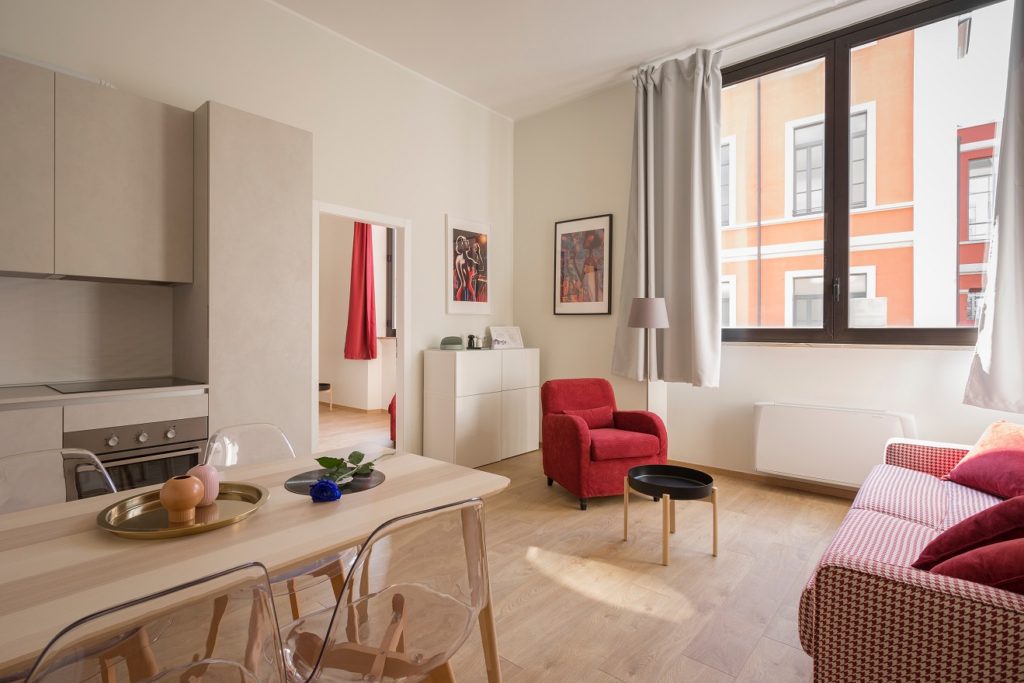We want you to know that this site is supported by our users. Some of the links you’ll find on our site are affiliate links, and if you make a purchase through those links, we may earn a commission at no extra cost to you. Thank you for your support – it’s what keeps us going!
Many folks that are interested in starting a project in home automation may wonder, is home automation worth the money invested?
A full home automation setup is not going to be cheap. Of course there are smart home appliances you can use but turning your normal home into a smart home can set you back thousands of dollars.
Whether home automation is worth the money or not really depends on the value you place on safety and convenience. There are many factors to consider including the value of your property, your budget and your financial situation. There isn’t a black and white answer to such a nuanced question.
In this article we are going to look at everything you need to consider when pricing your home automation setup and deciding whether it’s worth it. So, let’s get into it!
Is Home Automation Really Worth The Price Tag?

Home automation may be worth the money, or it may not be depending on what you value in your home and your day to day life.
For context, home automation setups range from roughly $5,000 to up to $150,000 depending on what you’re actually looking to implement.
When you’re paying for convenience and a few enhanced safety features, this might not be worth the price tag if you’re somewhat frugal in your spending.
However, to someone that is really interested in gadgets and really places value on the conveniences in their life – this may be worth the price tag!
It’s also said that home automation can increase the value of a property. That’s worth factoring into your thought process when you’re planning your budget and spending for the project.
The Value Of Safety & Convenience
There are always going to be varying opinions on whether home automation is worth the money. This is because it comes down to a matter of opinion and subjectivity.
Do smart homes solve problems? Yes. For example, there are a growing range of home automation security systems on the market that are giving users peace of mind in their homes.
However, humans have always been great at dealing with minor inconveniences so it’s clearly not a necessity.
For example, having smart sensors in your home will enable your lights to automatically turn off when you leave the room. It’s incredibly hard to put a tangible value on this.
Personally, I’m great at remembering to turn the lights off so I’d get little value from having this in my home. However, my wife leaves lights on constantly. So, she would see a lot of tangible value from this and likely a financial saving from the reduction in electricity wasted each month.
Ultimately, there is no need to justify the purchase of a home automation set up as a ‘must have’ that needs to be cost effective. You’re paying for an increase of home safety and a lot of little conveniences in your day to day. If that sounds worth it to you, then it’s worth the money!
We have recently published a guide detailing home automation ideas for a smarter home, that may be worth a read!
How Home Automation Can Save You Money

Home automation can actually save homeowners money, rather than just being a financial burden. This can come in the form of smart lights, smart plugs and smart thermostats, to name a few.
It’s worth assessing your electricity and gas usage to understand how much you may be able to save year over year by implementing smart technology.
Once you have your usage metrics to hand, get in touch with a home automation company. They’ll be able to provide you some figures on the expected reduction in electricity and gas usage that you may see after implementation.
Use these numbers in a simple Cost/Benefit Analysis to give you a ‘time to breakeven’ on your smart home investment.
It’s not going to be saving you enough to break even within a few years, but you’ll see a reduction in electricity usage. This is providing you set up your smart home correctly and use all the energy saving tools within the market!
Setting A Budget When Starting Your Home Automation Project
A full home automation project isn’t going to be cheap. Before even thinking about undertaking such a project, you need to assess your financial situation. Give yourself a realistic budget of what you’re willing to spend on this project.
If your budget is relatively small after crunching the numbers, it may make more sense to go with gadgets such as Amazon Alexa or Google Home. This will be a good way to get you started on your smart home journey for a cheaper price.
Buying pieces of smart home technology rather than looking to integrate everything in your home into one automation system will be much cheaper. This route will still provide a huge amount of convenience and user benefits at a much smaller price tag.
Don’t feel the need to jump into a full home automation setup if the budget isn’t there. Either keep saving for a more comprehensive setup or utilize the less expensive tools on the market at first. You can always reevaluate later down the line if you are seeing the value!
Renting vs Owning – When Is Home Automation Worth The Money?

If you’re currently renting your property, it’s not always wise to try to implement a full home automation system. You’ll be increasing the property value (potentially) for the landlord, not yourself! You’ll also be forking out a lot of money when you won’t be able to take this with you when you move onto your next property.
If you are renting, it’ll be worth looking at more smart home appliances and technology instead of home automation. These would be devices like the Amazon Alexa and Smart Plugs or switches. Focus on things you can take with you. Smart lighting like Nanoleaf or Philips Hue would be something you could pack up when you move.
However, if you’re the owner of your home it may be a more sensible decision to “go the full hog”, if you have the budget to do so comfortably.
In Summary – Is Home Automation Worth The Money?
Home automation is worth the money if you want to increase the convenience and security of your home. The price can be offset by the potential savings over the next 5+ years. These savings will come from a reduction in wasted electricity and water.
If you’re renting or don’t have a stable financial situation at present, home automation may not be worth the money. In this case, you’re better off utilizing the convenience of a few smart gadgets to add value to your life!



